Human CCL17/TARC ELISA Kit
$245.00 – $350.00
| Related Target | |
|---|---|
| Species | human |
| Sample Type | Serum, plasma, cell culture supernatant, and other biological samples |
| Sample Volume | 20 μL |
| Sensitivity | 1.33 pg/mL |
| Array Range | 15.63 pg/mL – 1000 pg/mL |
| Assay Time | 3.5 h |
| Recovery | 91% – 116% |
| Average Recovery | 101% |
ELISA Kit Detail Information
| Related Target | |
|---|---|
| Species | human |
| Sample Type | Serum, plasma, cell culture supernatant, and other biological samples |
| Sample Volume | 20 μL |
| Sensitivity | 1.33 pg/mL |
| Array Range | 15.63 pg/mL – 1000 pg/mL |
| Assay Time | 3.5 h |
| Recovery | 91% – 116% |
| Average Recovery | 101% |
| Intra Precision | 1.8% – 3.9% |
| Inter Precision | 1.2% – 3.5% |
| Plate | Detachable 96-well plate |
| Storage | If the reagent kit is unopened, it should be stored at 4℃. However, if it has been opened, the standard solution should be stored at -20℃, while the other components should be stored at 4℃. |
| Delivery | 4℃ blue ice transportation |
| Components | 96-well polystyrene enzyme-linked immunosorbent assay (ELISA) plate coated with anti-CCL17/TARCA monoclonal antibody Human CCL17/TARCA freeze-dried standard CCL17/TARCA detect Antibody Standard Diluent Assay Buffer(10×) Substrate TMB Stop Solution Washing Buffer(20×) Sealing Film |
| Assay Principle | This kit utilizes the double antibody sandwich enzyme-linked immunosorbent assay (ELISA) detection technique.Specific anti-human CCL17 antibodies are precoated on a high-affinity ELISA plate. Standard samples, test samples, and biotinylated detection antibodies are added to the wells of the ELISA plate. After incubation, CCL17 present in the samples binds to the solid-phase antibodies and the detection antibodies. After washing to remove unbound substances, streptavidin-HRP labeled with horseradish peroxidase is added. After washing, a colorimetric substrate, TMB, is added and the plate is incubated in the dark for color development. The intensity of the color reaction is directly proportional to the concentration of CCL17 in the samples.A stop solution is added to terminate the reaction, and the absorbance value is measured at a wavelength of 450 nm (with a reference wavelength range of 570-630 nm). |
Related Targets
CCL17
CCL17 Target Infomation Overview
- Target Symbol: CCL17, C-C motif chemokine ligand 17
- Gene Groups: Chemokine ligands
- Alias: TARC; ABCD-2
- Previous Names: SCYA17
- Alias Names: small inducible cytokine subfamily A (Cys-Cys), member 17; chemokine (C-C motif) ligand 17
CCL17, C-C motif chemokine ligand 17 Target Infomation by Species
- Human
- Mouse
- Rat
Human CCL17 Target Information
- Target Symbol: CCL17, C-C motif chemokine ligand 17
- Alias:
- A-152E5.3
- ABCD-2
- C-C motif chemokine 17
- CC chemokine TARC
- chemokine (C-C motif) ligand 17
- MGC138271
- MGC138273
- SCYA17
- small inducible cytokine subfamily A (Cys-Cys), member 17
- small-inducible cytokine A17
- T cell-directed CC chemokine
- TARC
- thymus and activation-regulated chemokine
- NCBI_Gene: 6361
- UniProtKB: Q92583
Human CCL17 Predicted Functions
Predicted to enable CCR chemokine receptor binding activity and chemokine activity. Involved in antimicrobial humoral immune response mediated by antimicrobial peptide and killing of cells of other organism. Predicted to be located in extracellular region. Predicted to be active in extracellular space. Biomarker of several diseases, including allergic bronchopulmonary aspergillosis; cystic fibrosis; lung disease (multiple); pulmonary eosinophilia; and respiratory syncytial virus infectious disease.
Mouse Ccl17 Target Information
- Target Symbol: Ccl17, chemokine (C-C motif) ligand 17
- Alias:
- ABCD-2
- Scya17
- small inducible cytokine subfamily A17
- TARC
- NCBI_Gene: 20295
Mouse Ccl17 Predicted Functions
Predicted to enable CCR4 chemokine receptor binding activity and chemokine activity. Acts upstream of or within negative regulation of myoblast differentiation. Predicted to be active in extracellular space. Is expressed in Sertoli cell; central nervous system; hemolymphoid system; and retina. Orthologous to human CCL17 (C-C motif chemokine ligand 17).
Rat Ccl17 Target Information
- Target Symbol: Ccl17, C-C motif chemokine ligand 17
- Alias:
- C-C motif chemokine 17
- chemokine (C-C motif) ligand 17
- Scya17
- small inducible cytokine subfamily A (Cys-Cys), member 17
- Tarc
- NCBI_Gene: 117518
Rat Ccl17 Predicted Functions
Enables CCR4 chemokine receptor binding activity. Predicted to be involved in several processes, including cellular response to cytokine stimulus; leukocyte chemotaxis; and positive regulation of ERK1 and ERK2 cascade. Predicted to act upstream of or within negative regulation of myoblast differentiation. Predicted to be active in extracellular space. Biomarker of anti-basement membrane glomerulonephritis; asthma; pneumonia; and pulmonary fibrosis. Orthologous to human CCL17 (C-C motif chemokine ligand 17).
Citations for Human CCL17/TARC ELISA Kit
There are no citations for this product yet.
If you buy this product and mention it in your thesis, we welcome you to provide us with the thesis information. As a thank you, we will give you some gifts, such as discount coupons.
Citations data is updating...

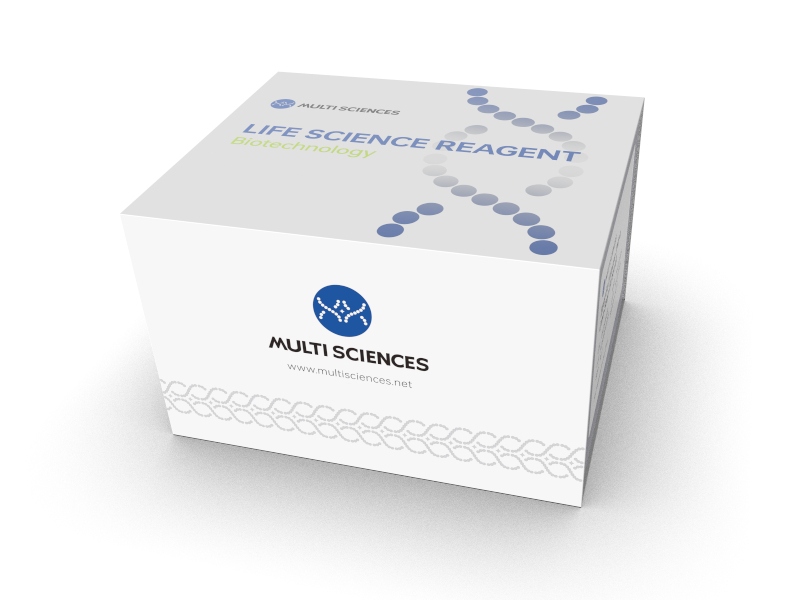
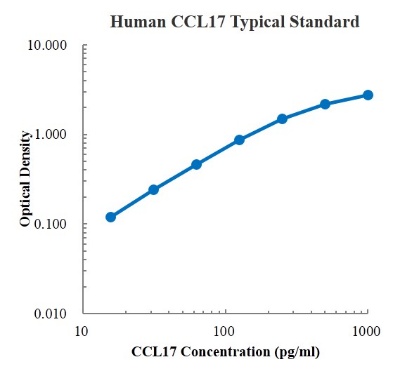
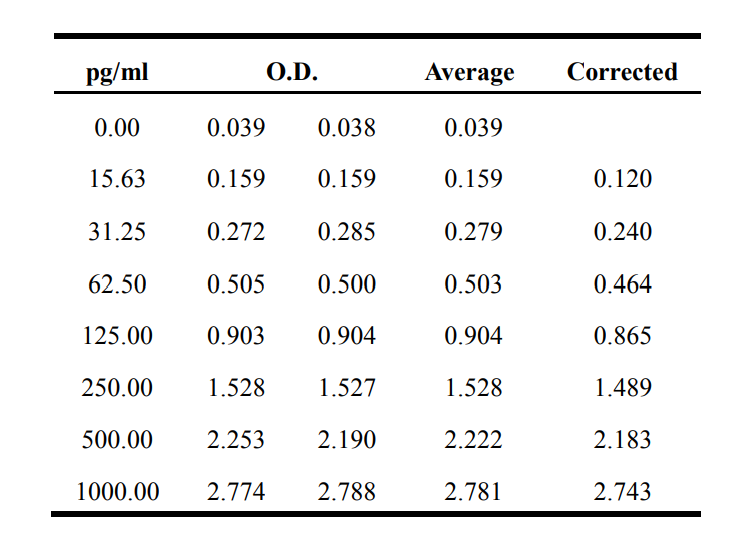

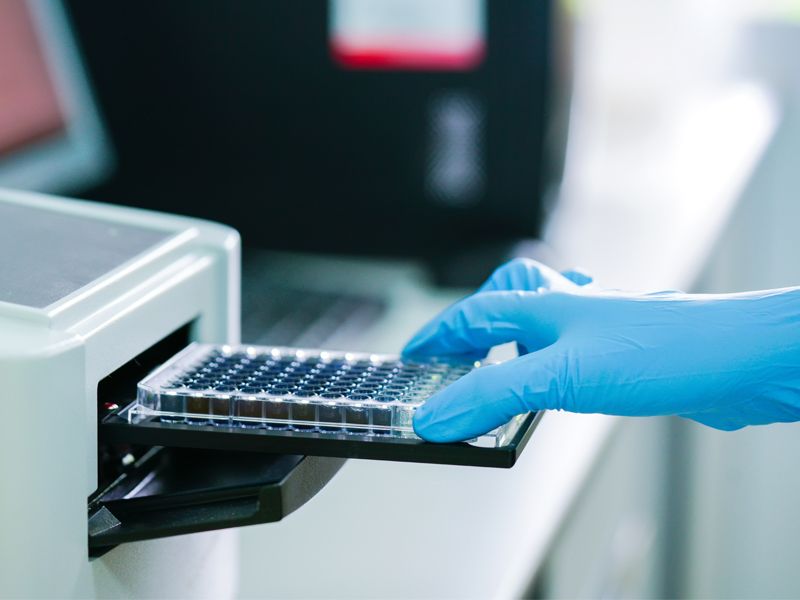
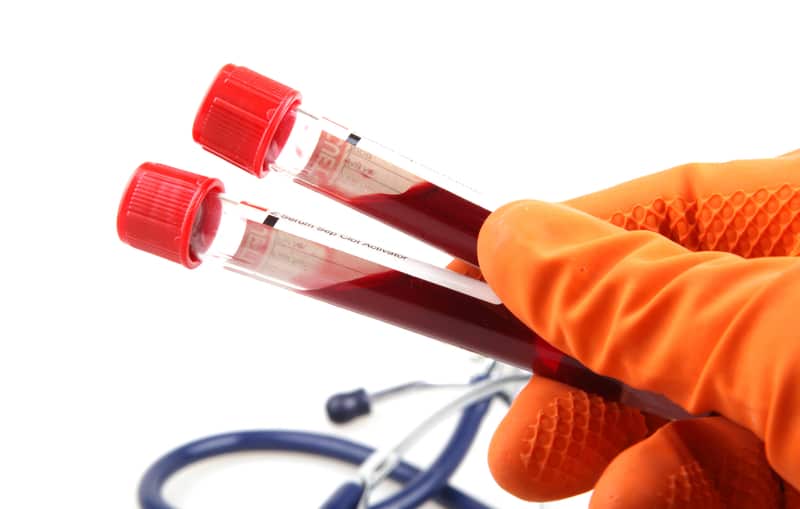

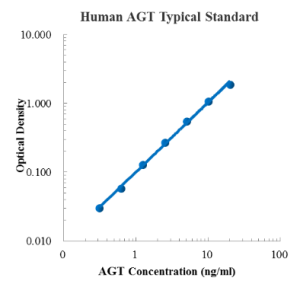
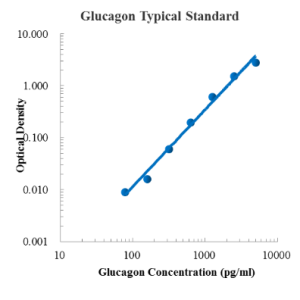
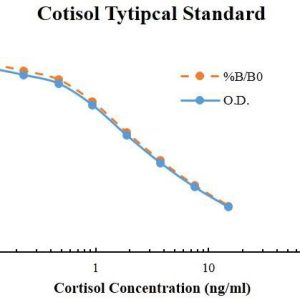
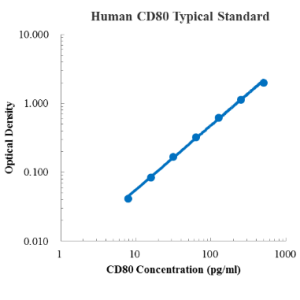
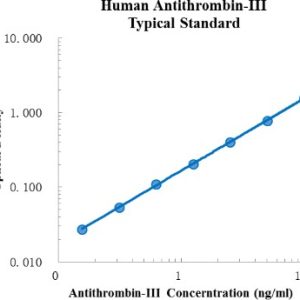
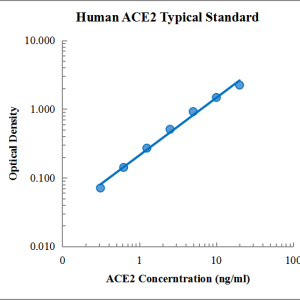
Reviews
There are no reviews yet.